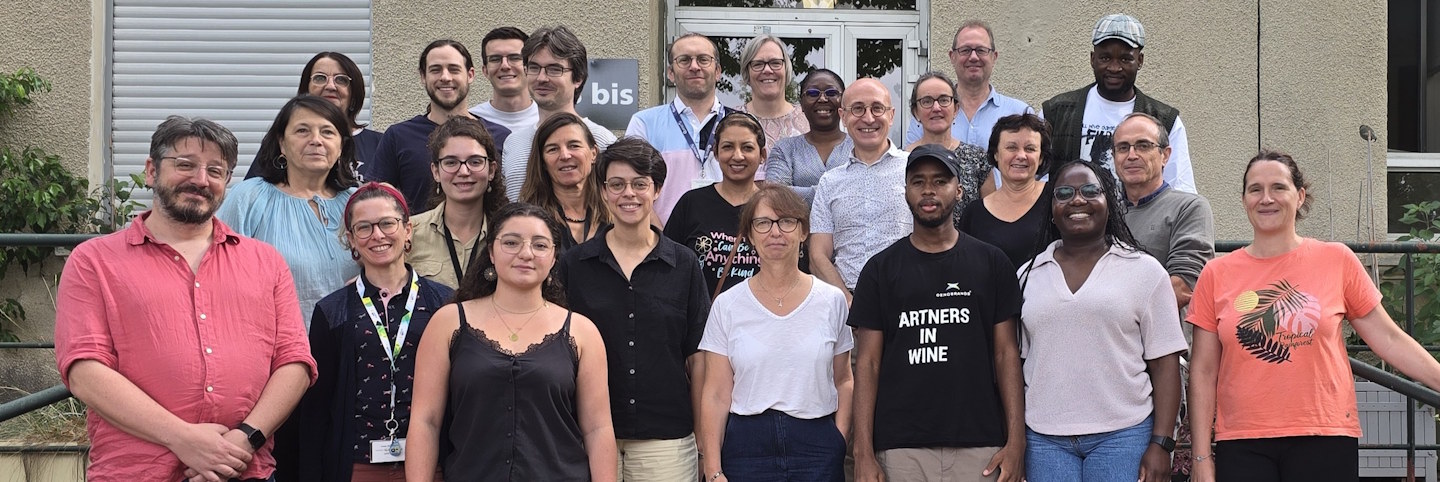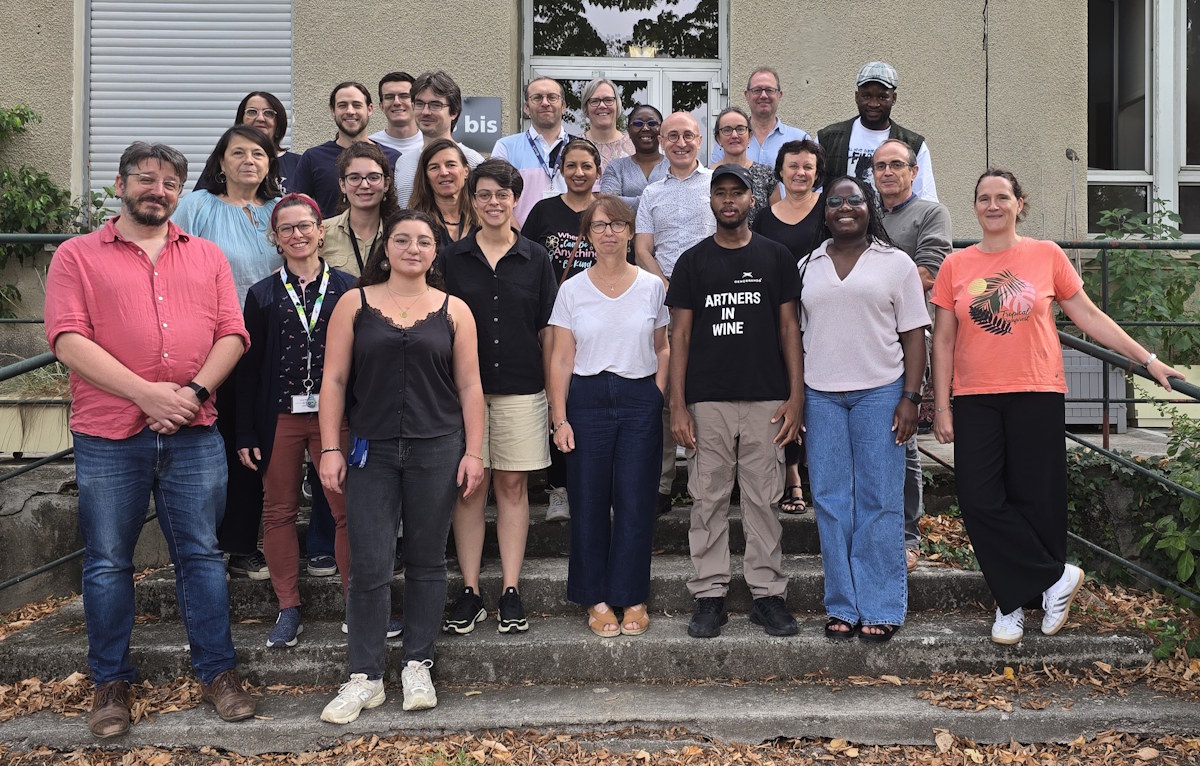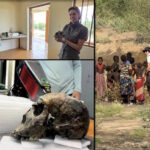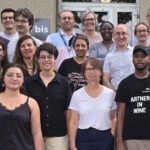
MICROWISE International Associated Laboratory: research teams from Stellenbosch University and the INRAE of Montpellier, France join forces to address the challenges of the wine industry.
The International associated laboratory “Microorganisms for innovative resilience to climate change and winemaking sustainability” (MICROWISE) brings together two research units: the joint research unit Sciences for Oenology (Sciences pour l’œnologie, SPO) in Montpellier, France and the South African Grape and Wine Research Institute (SAGWRI) at Stellenbosch University. SPO operates under three academic authorities: the National Research Institute for Agriculture, Food and the Environment (INRAE) of Montpellier, the University of Montpellier and Institut Agro Montpellier. MICROWISE builds on a long history of collaboration, which has grown since 2015, and materialised through joint scientific publications, a joint PhD project and numerous research mobility opportunities for students and researchers.
The two research units were able to develop this project to strengthen their collaborations by leveraging their common research interests and their unique attributes such as their location in two hemispheres and their scientific know-how. The wine industry is a dynamic sector, which must currently navigate numerous challenges. These include developing production processes that are (1) resilient to climate change (which modifies the composition of raw materials), (2) sustainable and profitable, and (3) environmentally friendly (by reducing chemical inputs). It is also important to take into account the changes in wine consumption patterns, moving towards quality products with a strong character and typicity. MICROWISE aims to explore the biodiversity of wine microorganisms and design adapted biological solutions to address these challenges, which in turn, will contribute to the sector’s commitment to the agroecological transition.
This project includes three main approaches:
– An ecological approach whose objectives are to compare the natural biodiversity of microbial communities associated with wine between France and South Africa, to understand the interactions between microorganisms, and to identify the environmental factors involved in community dynamics, favouring species and strains that have a positive impact and diversify the sensory properties and style of wine.
– A physiological approach whose objectives are to study the physiological properties of non-Saccharomyces yeasts and to use this diversity to develop new mixed starter cultures adapted to the variations in grape juice composition induced by climate change and to produce wines that meet consumer demand and can access new markets.
– A biochemical approach whose objectives are to characterise the diversity of mannoproteins and other cell wall components between yeast species and strains, to unravel the relationships between the chemical structure and function of these components and to use this knowledge to prevent tartaric, colloidal and protein instability in wine and to modulate the sensory perception of wine.
MICROWISE will provide a framework for high-level scientific cooperation on projects aimed at leveraging microbial diversity for a more sustainable and climate-resilient wine industry. Beyond its benefits for the industry, this initiative will support the research teams of both academic units by facilitating the exchange of expertise and postgraduate student training, and by offering mobility opportunities.
The MICROWISE kick-off meeting took place on the 8th and 9th of September 2025 in Montpellier, and was attended by a group of academics, postdoctoral fellows, and postgraduate students from both institutions. During the opening session, HE Mr David Martinon, Ambassador of France to South Africa, emphasised the importance of this scientific collaboration in addressing the challenges of the global wine industry and wished the future work every success. Prof Kennedy Dzama, Vice-Dean: research, postgraduate studies and innovation of the Faculty of AgriSciences at Stellenbosch University, and Dr Christophe Chassard, Head of the Microbiology and Food Chain Division at the INRAE, also expressed their best wishes for the collaboration.
Throughout the meeting, scientific presentations and workshops enabled researchers to identify areas of common interest and explore synergies. Discussions focused on future research projects and funding proposals to be developed jointly. This meeting was particularly productive and demonstrated the commitment of all stakeholders.

Photo: MICROWISE attendees at kick-off meeting (8-9 September 2025)
MICROWISE coordinators for further enquiries: Prof Benoit Divol (divol@sun.ac.za) and Dr Carole Camarasa (carole.camarasa@inrae.fr)



